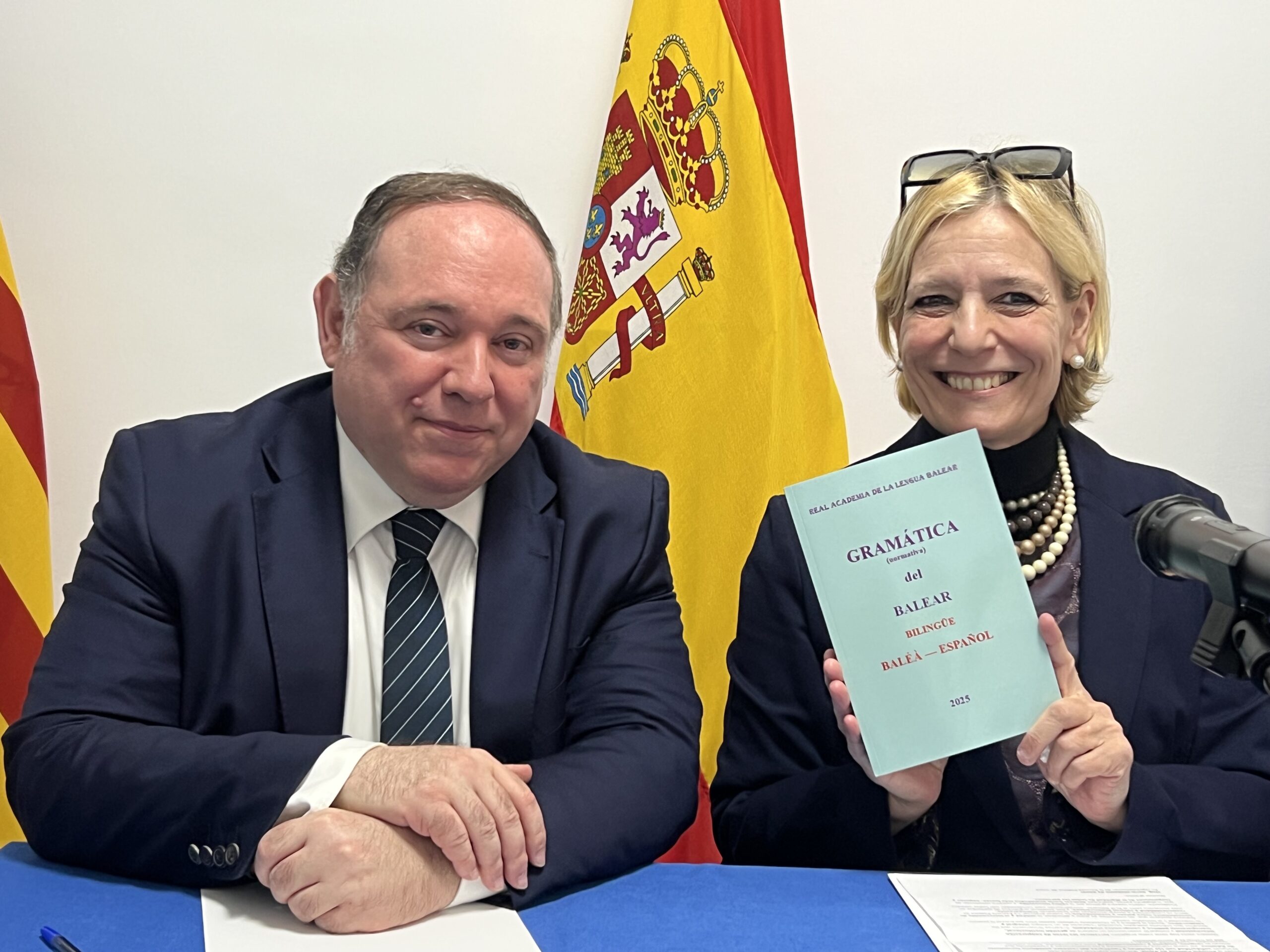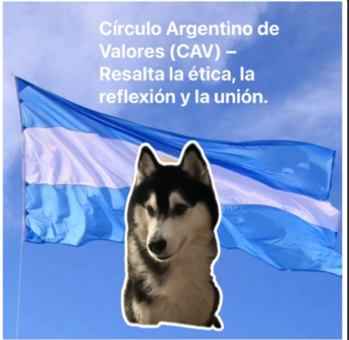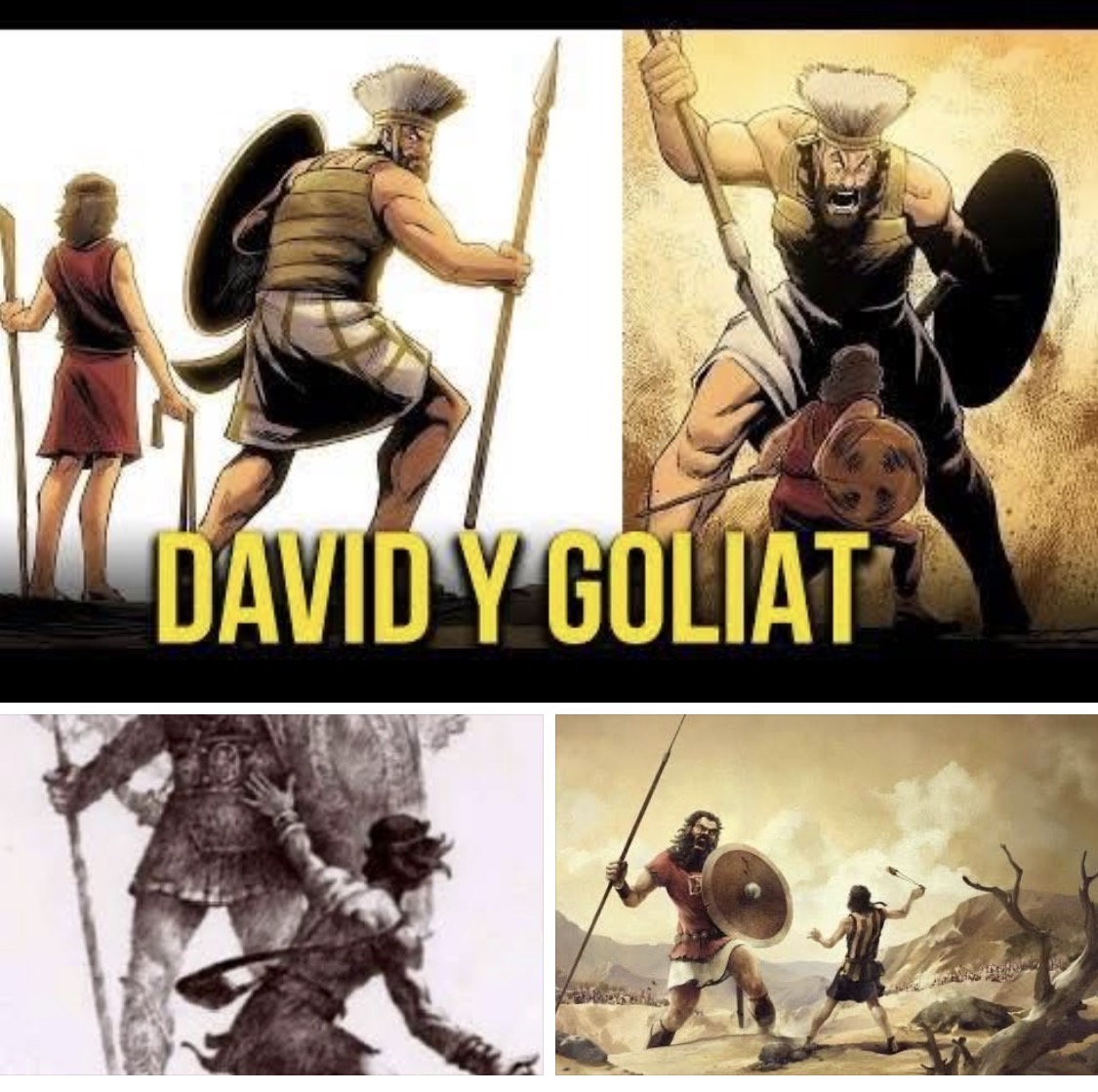

My School
Tell About Your School
Hi there! I’m Vlad. Today I’d like to tell you about my school where I spend a great amount of time, so it’s like my second home.
I attend School Number Four, located in the center of Kaniv. It is a comprehensive secondary school offering a well-rounded education that includes academic subjects as well as Art, Music, and Physical Education (PE). The school year is divided into two terms, starting on the first of September and ending for summer holidays at the beginning of June.

My school was built in the 1960s, so it’s rather old, but it has been renovated. My parents usually drive me to school, or I walk, which takes about 15 minutes. Our class consists of 28 pupils of mixed abilities. The teachers at our school are nice, helpful, demanding, and some are quite strict. Some of my classmates are kind, while others are not as friendly.
My school is well-equipped with all the necessary facilities, including a computer room, science labs, a football pitch, a canteen, a library, a gym, and a well-equipped English classroom. This year, we study many subjects, all of which are obligatory. The core subjects are Ukrainian, Ukrainian Literature, English, Mathematics, and History. My favorite subjects are English, PE, and History.
What I like most about my school are the people: my classmates, schoolmates, and some of my teachers. However, I don’t like that pupils get a lot of homework every day. Out-of-class activities usually start after lessons and are an integral part of school life. Pupils can join various clubs and participate in sports like football, volleyball, tennis, chess, judo, and karate. Many students also take part in sports competitions. Concerts, performances, festivals, parties, contests, and meetings are regularly held in our school assembly hall.
One thing I would like to change is our curriculum. Students should have the right to choose which subjects to study and be able to drop subjects that are boring, difficult, or uninteresting to them.
In conclusion, my school is not only a place to gain knowledge and education but also to make friends, develop social skills, discover talents, and choose a future career.

National Holidays
National Celebrations
What are national holidays? National holidays are events held by a country to commemorate significant occasions in its history, culture, or national identity. These celebrations often include ceremonies, parades, performances, concerts. These days are often public holidays.
Why do many people enjoy participating in national celebrations?
National holidays provide an opportunity for citizens to express their love and pride for their country. It’s a time for people to come together and celebrate their shared identity.
Many national celebrations mark important historical events such as independence, founding anniversaries, or significant victories in wars. These events are often deeply ingrained in a nation’s collective memory and serve as reminders of the struggles and triumphs of the past.
National celebrations often showcase a country’s diverse cultural heritage through music, dance, food, and traditional attire. They provide a platform for preserving and promoting cultural traditions, fostering a sense of belonging among citizens.
National celebrations promote a sense of unity and solidarity among citizens, regardless of their backgrounds or beliefs. They bring people together, fostering a sense of community and reinforcing the bonds that tie them to their nation.
National celebrations are often occasions filled with festivities and excitement. People enjoy the opportunity to take a break from their daily routines, spend time with family and friends, and celebrate together in a spirit of camaraderie.
National celebrations also provide a time for reflection, as people look back on their country’s achievements and challenges. They may express gratitude for the freedoms, opportunities, and rights they enjoy as citizens of their nation.
Overall, national celebrations play a vital role in fostering a sense of national identity, unity, and pride among citizens. Many people enjoy participating in these celebrations because they provide an opportunity to connect with their country’s history, culture, and fellow citizens in a meaningful and festive way.
Religious holidays can be celebrated nationwide, especially in countries where a particular religion holds significant cultural or historical importance. In such cases, these holidays often become part of the national calendar and may even be recognized as public holidays, meaning that government offices, schools, and many businesses are closed to observe the occasion.
For example:
- Christmas is widely celebrated in many countries around the world, even in countries where Christianity is not the predominant religion. It is often marked by festivities, decorations, gift-giving, and special religious services.
- Eid al-Fitr and Eid al-Adha are major Islamic holidays celebrated by Muslims worldwide, and in many predominantly Muslim countries, these holidays are observed with public holidays, special prayers, feasts, and other festive activities.
- Diwali, the Hindu festival of lights, is celebrated not only in India but also in various countries with significant Hindu populations. In some places, Diwali is recognized as a public holiday, and celebrations may include fireworks, lighting of oil lamps, and exchanging sweets.
In multicultural societies, the celebration of religious holidays nationwide often reflects the country’s commitment to religious freedom, diversity, and inclusivity. It can also serve as an opportunity for people of different faiths to learn about and appreciate each other’s traditions and customs.




